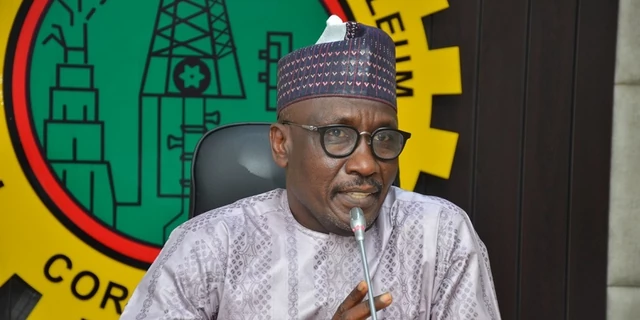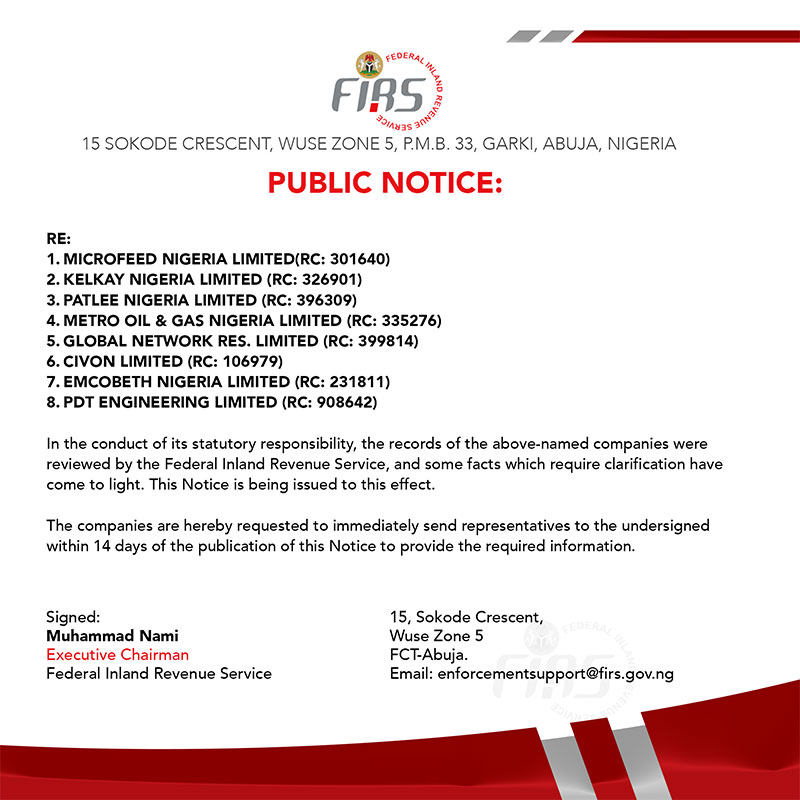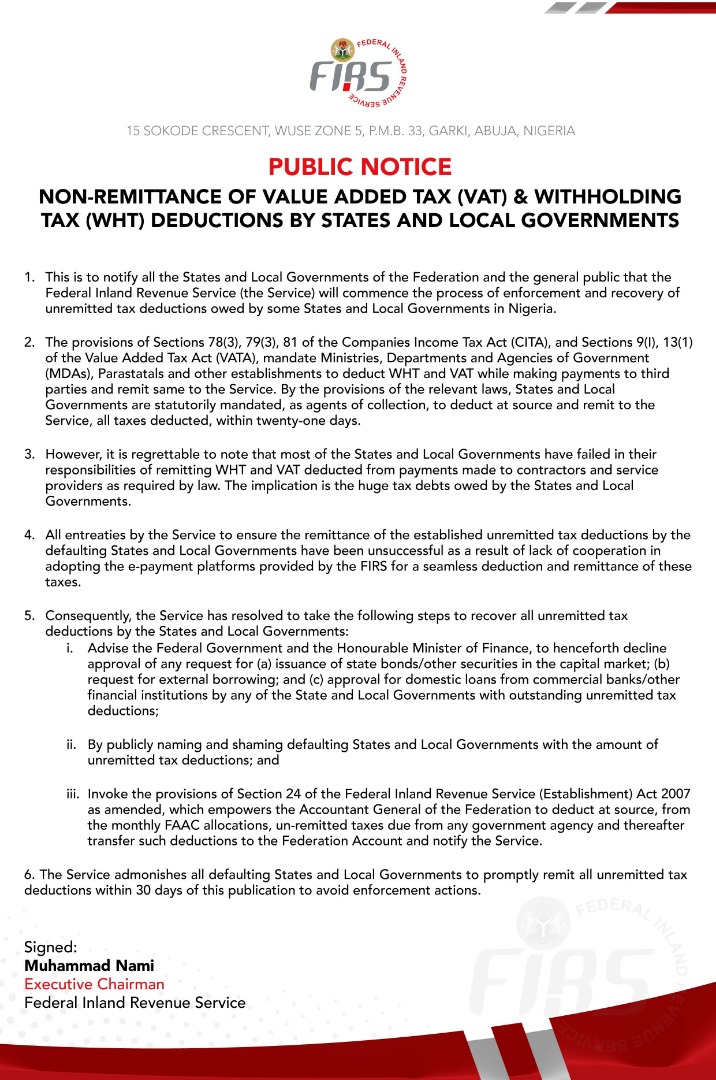
The NNPC CEO also pointed out that higher prices would result in reduced consumption, estimating a 30% decrease in fuel consumption.
In an interview with Arise TV, Mele Kyari, the Group Chief Executive Officer of the Nigerian National Petroleum Company Ltd (NNPC), revealed that the price of Premium Motor Spirit (PMS), commonly known as fuel, would soon experience a significant decrease.

Kyari explained that the removal of fuel subsidies would lead to increased participation in the importation of refined products, resulting in a more competitive market.
The subsidy removal, which caused a surge in PMS prices in Africa’s largest economy, was initially scheduled to end in February 2022 but was extended until the first half of 2023 due to prevailing economic hardships.
However, Kyari stated that the Nigerian government did not fund the subsidy; instead, the burden fell on the NNPC, which had become unsustainable.
Kyari emphasised that the current prices at NNPC stations reflect the prevailing market rates. He highlighted the positive outcome of removing the subsidy, as it would attract new players to the oil market, fostering competition.
By law, the NNPC cannot exceed 30% of the market going forward. As the market stabilises, oil marketers will begin to enter the market, leading to price regulation and potential decreases.
The NNPC CEO also pointed out that higher prices would result in reduced consumption, estimating a 30% decrease in fuel consumption. This decrease in demand would reduce the need for foreign exchange, benefiting all market players, including the NNPC.
Kyari addressed concerns about exchange rate impact on fuel prices, stating that President Bola Tinubu’s announcement that the Federal Government would no longer subsidise PMS would lead to a single exchange rate market for everyone. Once this occurs, all players in the market, including the NNPC, will access foreign exchange at the same exchange rate, minimising conflicts in pricing.
Following President Tinubu’s announcement, the NNPC adjusted fuel prices, resulting in an increase from ₦189-₦194 to ₦537 per liter in Abuja and other North-Central states such as Nasarawa, Plateau, Kwara, Kogi, Benue, and Niger. However, with the subsidy removal and the anticipated market competition, Kyari’s announcement brings hope for a significant decrease in fuel prices in the near future.





























